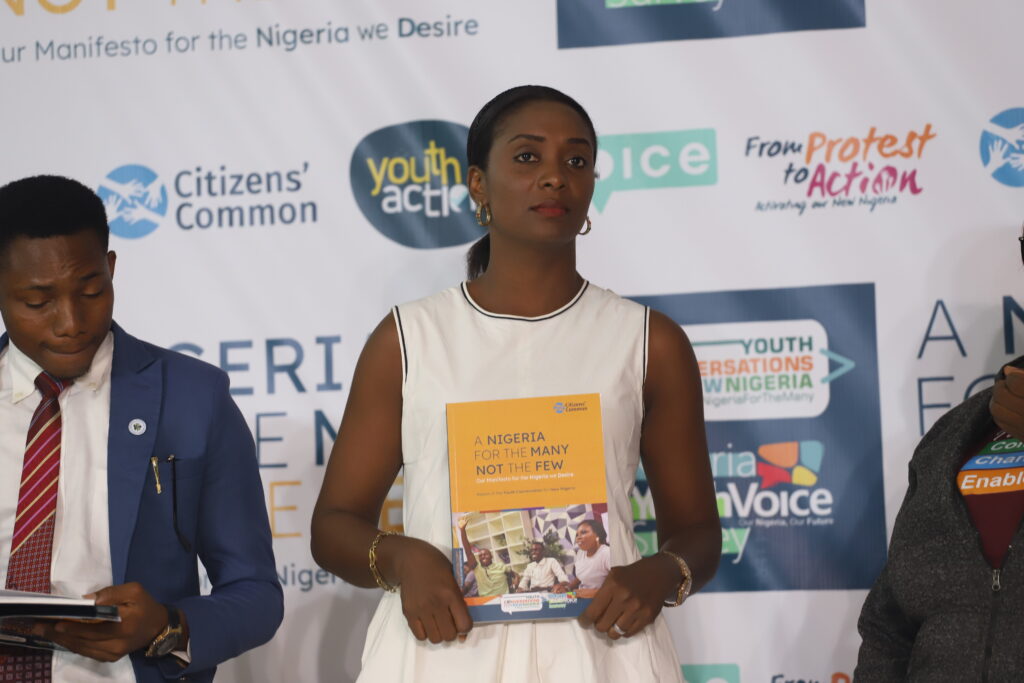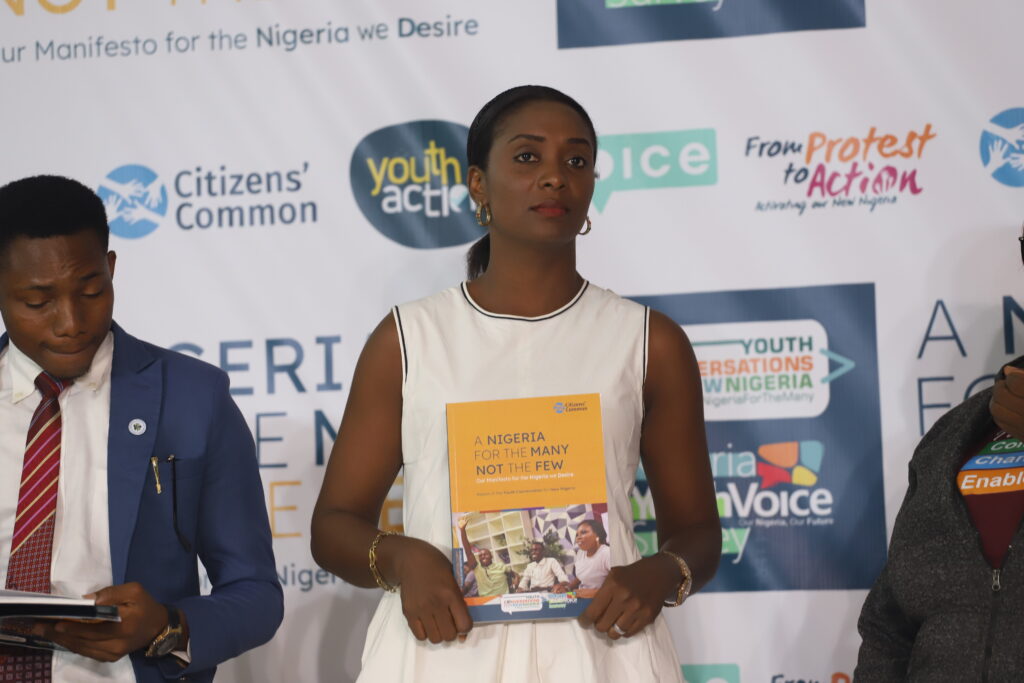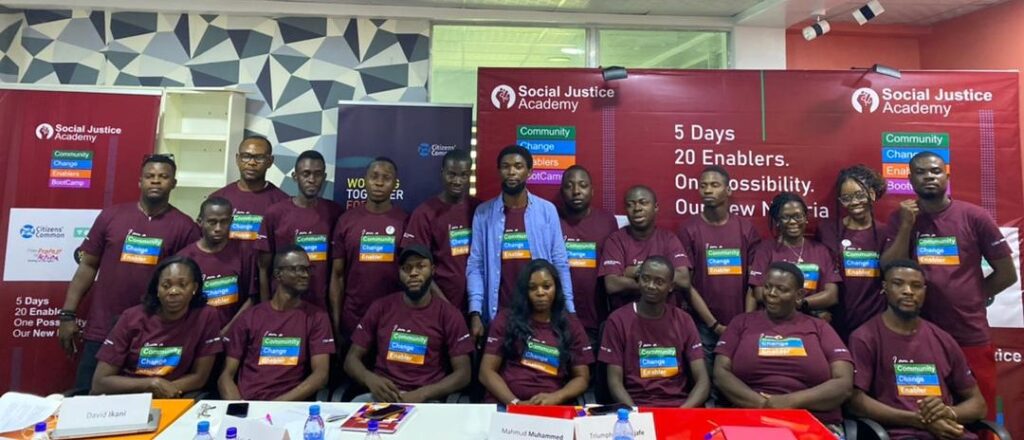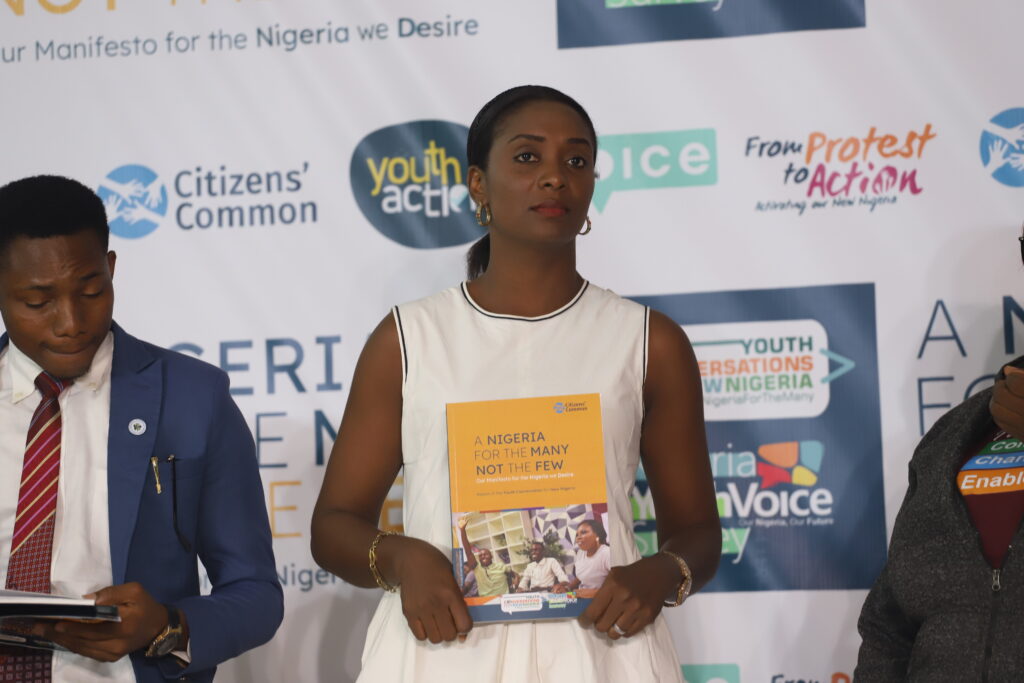
The Future of Nigeria: Renegotiating Our Unity: Federalism, Restructuring, AREWA/BIAFRA/ODUDUWA
Written by Davidson Nwaonu
“The unity of Nigeria is non-negotiable.” As a Nigerian, you may be familiar with this statement. For those that listen to the yearly Independence Day broadcasts, your ears may have gotten weary hearing this repetitive cliche that has remained a resounding mantra in those long, verbose speeches made by politicians spanning from the military era to the present day 23-year-old Nigerian democracy. Whether unity is a bond that should be negotiated or not, may be insignificant in this context but the fact that the unity of our country is being questioned is a strong indicator that there is a fundamental problem that realistically puts our unity up for negotiation. Like an Igbo adage queries “who knows how water got into the stalk of the pumpkin?” Let’s take a little walk down the somewhat nostalgic political history of Nigeria, Africa’s most populous nation.
In January 1914, then British Colonial Governor, Fredrick Lugard led the amalgamation of the largely heterogeneous Southern and Northern Protectorates to create a new unified colonial entity called Nigeria. Forty-six (46) years later, on October 1, 1960, Nigeria would become an independent country. On October 1st, 2022, Nigeria marked her sixty-two (62) years of independence from colonial rule. This year also makes it one hundred and eight (108) years since the unification of the country. Indeed, it has been such a long ride.
After 62 years of independence, Nigeria continues to grapple with the challenges of mutual coexistence of the various groups that Lugard joined in a non consensual political matrimony. Efforts by successive governments to unite the country have not gone unnoticed. While tangible successes have artificially remained plausible, it has proven utterly difficult to seal the debate for secession. Although schemes like the Federal Character Commission and the NYSC were introduced to guarantee equitable representation, intermarry cultural values, foster ethnic relationships, solidify unity and hasten community development, other schemes like the quota based systems retrogressively widened cultural and ethnic inequality, sowed the seeds for the emancipation of agitations and watered the grounds for objective and subjective questioning of the legality of Lugard’s merger.
Nigeria is a very diverse nation with over 250 ethnic groups, a few religious affiliations, and well over 500 indigenous languages. Despite living together for over a century, the different ethnic groups seem not to be at peace with one another. There seems to be some elements of mistrust among tribes. This may have been worsened by the effects of the civil war of 1967, the annulled June 12 elections of 1993, claims of nepotistic political appointments, and various other cases of political and religious misunderstandings in the country.
Recently, there have been fresh calls for a breakup of the country with threats of secession from the Indigenous Peoples of Biafra, IPOB in the South-East. In the South-west, the Yoruba Liberation Command, O’odua Nationalist Coalition, Illana Omo Oodua, and several other separatist groups beat loud drums for secession. Similar cries have been heard from the creeks in the Niger Delta where the Movement for the Emancipation of the Niger Delta have rained down threats of secession from the Nigerian union to form the Niger Delta Republic. The North is also not exempt. On several occasions, the AREWA forum has threatened possible breakaway from other regions in Nigeria.
Even though the country operates a federal policing system, regional governments have charted their paths to partial security independence. In the West, a regional police security outfit, Amotekun has been created to protect the interests of the Yorubas. This was perceived as a threat to national unity by the Northern region, which went ahead to create Shege Ka Fasa, their own version of Amotekun, an initiative spearheaded by the Coalition of Northern Groups, CNG. In a reactionary fashion, the five governors of South-Eastern extraction responded by forming the Ebubeagu Security Network to serve as a regional armed security outfit for the South-Eastern region. In the Middle Belt, ethnic minorities constantly lament political and economic marginalization. All these are pointers to a nation which might be on the brink of collapse.
However, despite these clamors for division, some Nigerians insist on a united country which can leverage on its huge population and ethnic diversity to foster growth and development. These contrasting opinions have divided many Nigerians into different schools of thought and the subject of Nigeria’s unity has been a major topic of debate in private and public spaces including government offices, universities, car parks, newspaper stands, media houses and even public transits. In all these discussions, successive governments have maintained their mantra of “Nigeria’s unity is non negotiable” and have constantly shied away from this sacrosanct debate. Such audacity! But then, for how long can we continually shy away from the cancer that eats up the core of our existence? If only we can arise as compatriots, to serve our fatherland, and negotiate with half the boldness of our heroes past, the ones we sing about every day in the National Anthem, and commit to only a quarter of their exemplary labors, the ones we pray, never to be in vain, then maybe, just maybe, we can be on a realistic path to defining the future of our beloved fatherland. The options before us as a nation are not unclear. We can choose to harmoniously end Lugard’s forced relationship and disintegrate into different independent countries or nations within a united kingdom. How many nations? Well that will be up to us to negotiate and agree on. We can also choose to restructure our existing country. What type of restructuring? Again, it will be up to us to negotiate and agree – Devolution of powers with resource control to the 36 states of the federation? Devolution of powers with resource control to the 6 geo political zones? Devolution of powers with resource control to the original old 3 regions? We decide! We also definitely have the choice to continue licking our sores and patching our leaking pipes and as they say, until we get to the permanent site; but of course, with hopes that they do not burst before we attain El dorado.
Whatever option we settle for, one thing is certain: the unity of Nigeria is absolutely negotiable, and we can choose to negotiate for even a stronger and more united country. The choice is ours and may Nigeria prevail!
This article is an Excerpt from the report ” A Nigeria For The Many And Not The Few”
About the Author
Davidson Nwaonu is a realistic optimist of a better global society that can develop sustainable systems to nurture talents and support the socio-economic and political emancipation of young people. He is a graduate researcher at the Centre for Experimental and Applied Economics, University of Delaware, United States. He worked as the Programs Manager at The Centre for Social Awareness, Advocacy and Ethics (CSAAE), where he implemented interventions to raise the consciousness of young people to the importance of good governance, ethics, anti corruption, rule of law and respect for human rights. Connect with Davidson on LinkedIn: www.linkedin.com/in/davidsonnwaonu Facebook: www.facebook.com/nwaonudavidson and Twitter: @davidsonnwaonu







Responses